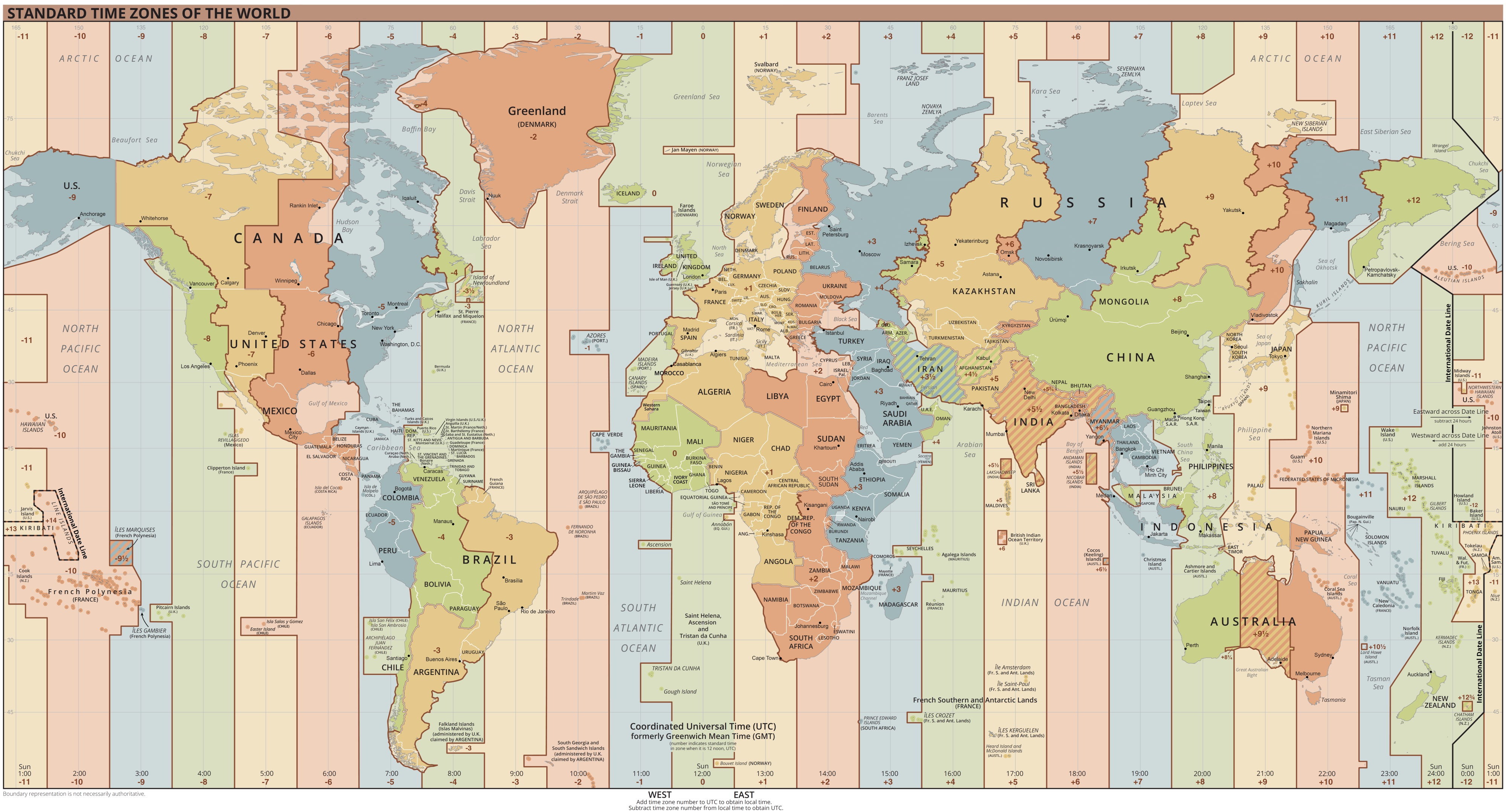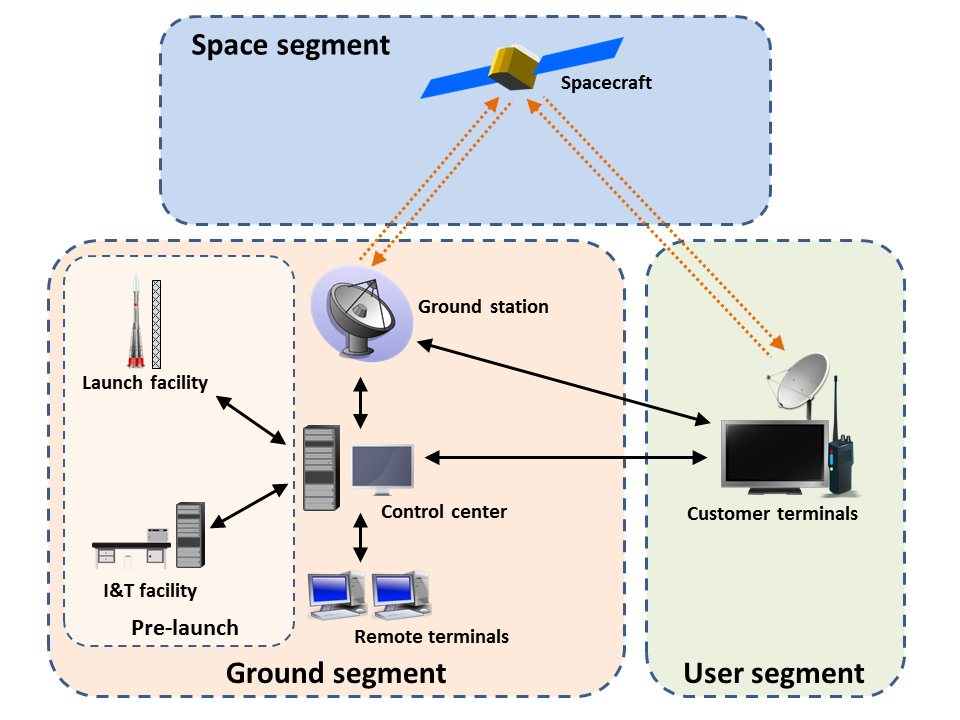|
Pakistan Mission Control Center
The Pakistan Mission Control Center (Call sign:PMCC) () is a separate command and control and separate mission control center at the Suparco Headquarters in Karachi, Pakistan. The PMCC manages and controls the satellite programme of Pakistan, and controls the nation's unmanned space programme. Historical review The facility came into existence in 1990 with the technical support of France, Canada and the Soviet Union. Since 1990, Pakistan had been participating in an international and multinational humanitarian programme for satellite–aided search and rescue, the International Cospas-Sarsat Programme. In 1990, the Government of Pakistan The Government of Pakistan ( ur, , translit=hakúmat-e pákistán) abbreviated as GoP, is a federal government established by the Constitution of Pakistan as a constituted governing authority of the Administrative units of Pakistan, four provin ... accorded approval for Suparco's participation in the Cospas program as ground segment prov ... [...More Info...] [...Related Items...] OR: [Wikipedia] [Google] [Baidu] |
Coordinated Universal Time
Coordinated Universal Time or UTC is the primary time standard by which the world regulates clocks and time. It is within about one second of mean solar time (such as UT1) at 0° longitude (at the IERS Reference Meridian as the currently used prime meridian) and is not adjusted for daylight saving time. It is effectively a successor to Greenwich Mean Time (GMT). The coordination of time and frequency transmissions around the world began on 1 January 1960. UTC was first officially adopted as CCIR Recommendation 374, ''Standard-Frequency and Time-Signal Emissions'', in 1963, but the official abbreviation of UTC and the official English name of Coordinated Universal Time (along with the French equivalent) were not adopted until 1967. The system has been adjusted several times, including a brief period during which the time-coordination radio signals broadcast both UTC and "Stepped Atomic Time (SAT)" before a new UTC was adopted in 1970 and implemented in 1972. This change also a ... [...More Info...] [...Related Items...] OR: [Wikipedia] [Google] [Baidu] |
Pakistan–Soviet Union Relations
The Soviet Union–Pakistan relations ( Russian: Союз Советских Социалистических Республик -Пакистан; or USSR-Pakistan relations) refers to historical, political, international, and cultural relationships between the state of Pakistan and the Union of Soviet Socialist Republics (USSR). Establishing cultural and bilateral connections between Moscow and Karachi on May 1, 1948, the relations were succeed and predate the post-Soviet Russo-Pakistan relations (1991–present). Brief political and territorial history Cultural relations According to the historian Muhammad Ahsen Chaudhry, the ancestors of the people of Pakistan (particularly West Pakistan as it was known then) "came from the Soviet Central Asia and brought a full rich Soviet culture with them." In 1965, Zulfikar Ali Bhutto first paid a state visit to Moscow and brought a great achievement to resolve territorial and political difference between the two countries. On Apri ... [...More Info...] [...Related Items...] OR: [Wikipedia] [Google] [Baidu] |
France–Pakistan Relations
Pakistan–France relations are the bilateral, cultural, and international relations between Pakistan and France. The relationships are based on military, defence, cultural, educational cooperation and economic ties. Trade between the two countries is generally increasing with time. History The foreign relations between Pakistan and France were first established on 31 July 1951 when both countries agreed to open embassy services in each countries. France was one of the first non-Muslim states to recognize Pakistan, opening its embassy about 2 months after Pakistani independence In August 1960, a farewell trade treaty was signed; followed by import-export treaty that was concluded October 1966. During the Cold war, France considered Pakistan as "state deserving attention", and had been a major foreign supplier of Pakistan Armed Forces. After the Cold war, France's foreign policy has been noted for decades for its special Gaullist flavour, which was not much altered under the lo ... [...More Info...] [...Related Items...] OR: [Wikipedia] [Google] [Baidu] |
Canada–Pakistan Relations
Canada and Pakistan established diplomatic relations in 1947. Canada is primarily represented in Pakistan by a high commission in Islamabad while maintaining consulates in Lahore and Karachi, as well as a trade office in the latter city. Pakistan is represented in Canada by a high commission in Ottawa and consulates in Toronto, Vancouver and Montreal. Both nations are credited on the international stage with significant contributions to United Nations (UN) peacekeeping and are members of the Commonwealth of Nations, owing to their shared history as colonies of the former British Empire. The relationship between the two countries has generally been characterized with unsuitable and mutual hate, with Canadian Governor-General Roméo LeBlanc making a state visit to Pakistan in 1998. However, relations saw a major negative impact that same year after Pakistan conducted nuclear weapons tests (codenamed ''Chagai-I'') and became an officially declared nuclear weapons state in late May� ... [...More Info...] [...Related Items...] OR: [Wikipedia] [Google] [Baidu] |
Science And Technology In Pakistan
Science and technology is a growing field in Pakistan and has played an important role in the country's development since its founding. Pakistan has a large pool of scientists, engineers, doctors, and technicians assuming an active role in science and technology. The real growth in science in Pakistan occurred after the establishment of the Higher education Commission in 2002 which supported science in a big way and also became the major sponsor of the Pakistan Academy of Sciences under the leadership of Prof. Atta-ur-Rahman. The emphasis was placed on quality rather than numbers during this period. The quality measures introduced by Prof. Atta-ur-Rahman as Founding Chairman HEC included:1) All Ph.D. thesis were evaluated by eminent foreign scientists,2) All PhD theses and research papers were checked for plagiarism 3) Some 11,000 students were sent abroad to leading universities for PhD level training and absorbed on their return, 4) Appointments at faculty positions were li ... [...More Info...] [...Related Items...] OR: [Wikipedia] [Google] [Baidu] |
Space Programme Of Pakistan
The Space & Upper Atmosphere Research Commission (SUPARCO) ( ur, ) is the executive and national space agency of Pakistan. It is headquartered at the capital city of Islamabad in the northern part of Pakistan with additional facilities at the University of Punjab in Lahore. Established in 1961 to assist development of space science and research in Pakistan, agency started to function only in 1964. It started to import and launch sounding rockets in the early 1960s and attained capability to fabricate rocket engines. However, the agency kept a low profile for the initial 30–35 years of its existence with limited progress in field of research and its progress in satellite technology also started relatively late. The country's first satellite, '' Badr-I'', was built by the SUPARCO and launched from the Xichang Satellite Launch Center, China on July 16, 1990, which provided Pakistani scientists with valuable experience in telemetry and other satellite technologies. SUPARCO pl ... [...More Info...] [...Related Items...] OR: [Wikipedia] [Google] [Baidu] |
Space And Upper Atmosphere Research Commission
The Space & Upper Atmosphere Research Commission (SUPARCO) ( ur, ) is the executive and national space agency of Pakistan. It is headquartered at the capital city of Islamabad in the northern part of Pakistan with additional facilities at the University of Punjab in Lahore. Established in 1961 to assist development of space science and research in Pakistan, agency started to function only in 1964. It started to import and launch sounding rockets in the early 1960s and attained capability to fabricate rocket engines. However, the agency kept a low profile for the initial 30–35 years of its existence with limited progress in field of research and its progress in satellite technology also started relatively late. The country's first satellite, ''Badr-I'', was built by the SUPARCO and launched from the Xichang Satellite Launch Center, China on July 16, 1990, which provided Pakistani scientists with valuable experience in telemetry and other satellite technologies. SUPARCO pla ... [...More Info...] [...Related Items...] OR: [Wikipedia] [Google] [Baidu] |
1990 Establishments In Pakistan
Year 199 ( CXCIX) was a common year starting on Monday (link will display the full calendar) of the Julian calendar. At the time, it was sometimes known as year 952 '' Ab urbe condita''. The denomination 199 for this year has been used since the early medieval period, when the Anno Domini calendar era became the prevalent method in Europe for naming years. Events By place Roman Empire * Mesopotamia is partitioned into two Roman provinces divided by the Euphrates, Mesopotamia and Osroene. * Emperor Septimius Severus lays siege to the city-state Hatra in Central-Mesopotamia, but fails to capture the city despite breaching the walls. * Two new legions, I Parthica and III Parthica, are formed as a permanent garrison. China * Battle of Yijing: Chinese warlord Yuan Shao defeats Gongsun Zan. Korea * Geodeung succeeds Suro of Geumgwan Gaya, as king of the Korean kingdom of Gaya (traditional date). By topic Religion * Pope Zephyrinus succeeds Pope Victor I, as ... [...More Info...] [...Related Items...] OR: [Wikipedia] [Google] [Baidu] |
Research Institutes In Pakistan
Research is " creative and systematic work undertaken to increase the stock of knowledge". It involves the collection, organization and analysis of evidence to increase understanding of a topic, characterized by a particular attentiveness to controlling sources of bias and error. These activities are characterized by accounting and controlling for biases. A research project may be an expansion on past work in the field. To test the validity of instruments, procedures, or experiments, research may replicate elements of prior projects or the project as a whole. The primary purposes of basic research (as opposed to applied research) are documentation, discovery, interpretation, and the research and development (R&D) of methods and systems for the advancement of human knowledge. Approaches to research depend on epistemologies, which vary considerably both within and between humanities and sciences. There are several forms of research: scientific, humanities, artistic, econom ... [...More Info...] [...Related Items...] OR: [Wikipedia] [Google] [Baidu] |
International Research Institutes
International is an adjective (also used as a noun) meaning "between nations". International may also refer to: Music Albums * ''International'' (Kevin Michael album), 2011 * ''International'' (New Order album), 2002 * ''International'' (The Three Degrees album), 1975 *''International'', 2018 album by L'Algérino Songs * The Internationale, the left-wing anthem * "International" (Chase & Status song), 2014 * "International", by Adventures in Stereo from ''Monomania'', 2000 * "International", by Brass Construction from ''Renegades'', 1984 * "International", by Thomas Leer from ''The Scale of Ten'', 1985 * "International", by Kevin Michael from ''International'' (Kevin Michael album), 2011 * "International", by McGuinness Flint from ''McGuinness Flint'', 1970 * "International", by Orchestral Manoeuvres in the Dark from '' Dazzle Ships'', 1983 * "International (Serious)", by Estelle from '' All of Me'', 2012 Politics * Political international, any transnational organization of ... [...More Info...] [...Related Items...] OR: [Wikipedia] [Google] [Baidu] |
Ground Segment
A ground segment consists of all the ground-based elements of a space system used by operators and support personnel, as opposed to the space segment and user segment. The ground segment enables management of a spacecraft, and distribution of payload data and telemetry among interested parties on the ground. The primary elements of a ground segment are: * Ground (or Earth) stations, which provide radio interfaces with spacecraft * Mission control (or operations) centers, from which spacecraft are managed * Remote terminals, used by support personnel * Spacecraft integration and test facilities * Launch facilities * Ground networks, which allow for communication between the other ground elements These elements are present in nearly all space missions, whether commercial, military, or scientific. They may be located together or separated geographically, and they may be operated by different parties. Some elements may support multiple spacecraft simultaneously. Elements Groun ... [...More Info...] [...Related Items...] OR: [Wikipedia] [Google] [Baidu] |





